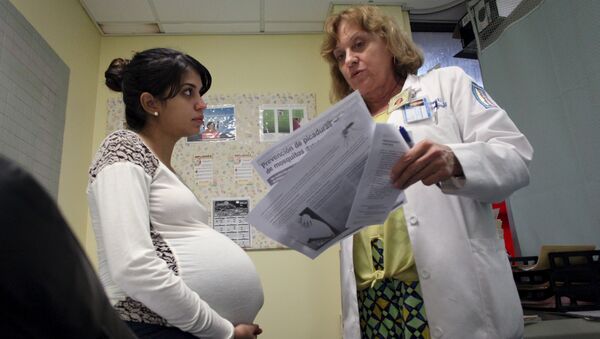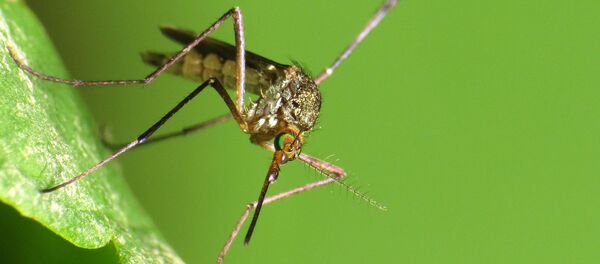A Brazilian feminist NGO 'Anis – Bioethics Institute' (Anis — Instituto de Bioética) is already preparing a lawsuit to the country’s Federal Supreme Court, seeking to legalize abortions in cases of confirmed fetal microcephaly.
"The threat of a Zika epidemic calls for an all-encompassing package of measures aimed at protecting women’s sexual and reproductive health," said Débora Diniz, a scientist working for the Institute.
The activists also seek to make the mothers of children afflicted with microcephaly eligible for the non-contributory pension (Benefício de Prestação Continuada) give to the elderly and the disabled.
"The arguments about the sanctity of all life are usually related to religion or morals — they rarely consider other important factors, like thousands of women who die each year due to illegal abortions," writer and journalist Nathali Macedo argued.
The Zika virus presents a threat to the public health, and in such a situation all moral arguments lose their power, she added.
However, while some people support the initiative promoted by Anis, others are inclined to disagree.
"This is a eugenic stance – to murder someone merely because he or she has some deviations – it reminds me of Nazi methods," said Lenise Garcia, president of the ‘Brazil Without Abortions’ movement (Movimento Brasil Sem Aborto).
MP Maria do Rosario also argued that introducing an exception into the abortion law is hardly prudent.
"I agree that the law must be expanded, but it shouldn’t be focused on fetus development disorders," she said.
The subject of abortion is a very complex issue in Latin America. Abortions are legal in only three countries in the region: Uruguay, Guyana and French Guiana. Also, the laws of Mexico, Columbia and Panama permit abortions in cases of fetal deformation. In all other countries in the region, abortions are strictly forbidden except for the instances where the pregnancy threatens the mother’s life or was the result of a rape.



